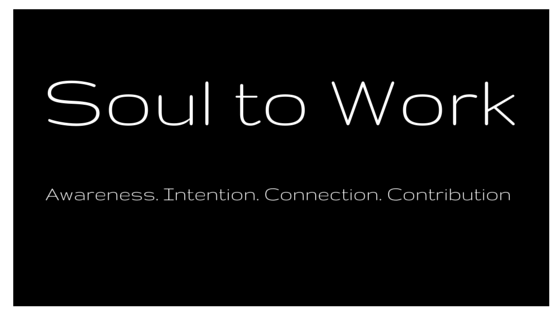“It is said an Eastern monarch once charged his wise men to invent him a sentence to be ever in view, and which should be true and appropriate in all times and situations. They presented him the words, “And this too, shall pass away.” How much it expresses! How chastening in the hour of pride! How consoling in the depths of affliction!” - Abraham Lincoln
Let me start with a small confession…
I sometimes wonder, in the midst of a meeting where people are tearing their hair out and tearing at each other, whether anyone remembers that none of this will matter someday. That these are moments they will never get back.
Before you call me shortsighted or perhaps too judgmental, I mean this topic to be positive and affirming. I don’t want to imply that we should not be passionate about things that are important to us or the organization. I just wonder if sometimes we lose our perspective and that leads us to raise the stakes to a level that doesn’t really apply in the bigger scheme of things.
I’m also not suggesting we spend every day thinking about our impending departure from this life or the inevitable passing away of much of our work.
I am suggesting that we reflect, when it matters, on what it means to know that nothing we are doing or experiencing in the present is permanent.
From this perspective, we recognize that “this too shall pass away” and bring a more mindful approach to our response. We can open ourselves to a deeper truth rather than surrender to the fear, pride or anger of the moment.
We can be aware of and appreciate the experience for what it is without being caught up in thinking there is something we have to escape, control, win or possess. We are no longer as deeply attached to the outcome.
This problem will be followed by the next problem.
This project by the next project.
This place by a different place.
This chapter by a new chapter.
We tend to wear ourselves down and create unnecessary suffering by treating many temporary situations as though they have permanent implications. In letting go of this approach we can help those around us engage in a level of creativity and communication that will be more productive and more helpful to the situation. More in touch with reality.
We bring a sense of lightness to situations that have been made unnecessarily heavy or dark.
Maybe we can even stop taking ourselves so seriously.
(Lincoln was a wonderful example of this approach to leadership).
Many great philosophers, spiritual teachers, and poets encourage us to meditate on this truth, noting that our lives will be deeper, more meaningful and more balanced.
Including that very substantial part of our lives, we call work.
“It is not that we have so little time but that we lose so much. … The life we receive is not short but we make it so; we are not ill provided but use what we have wastefully.”
― Seneca


